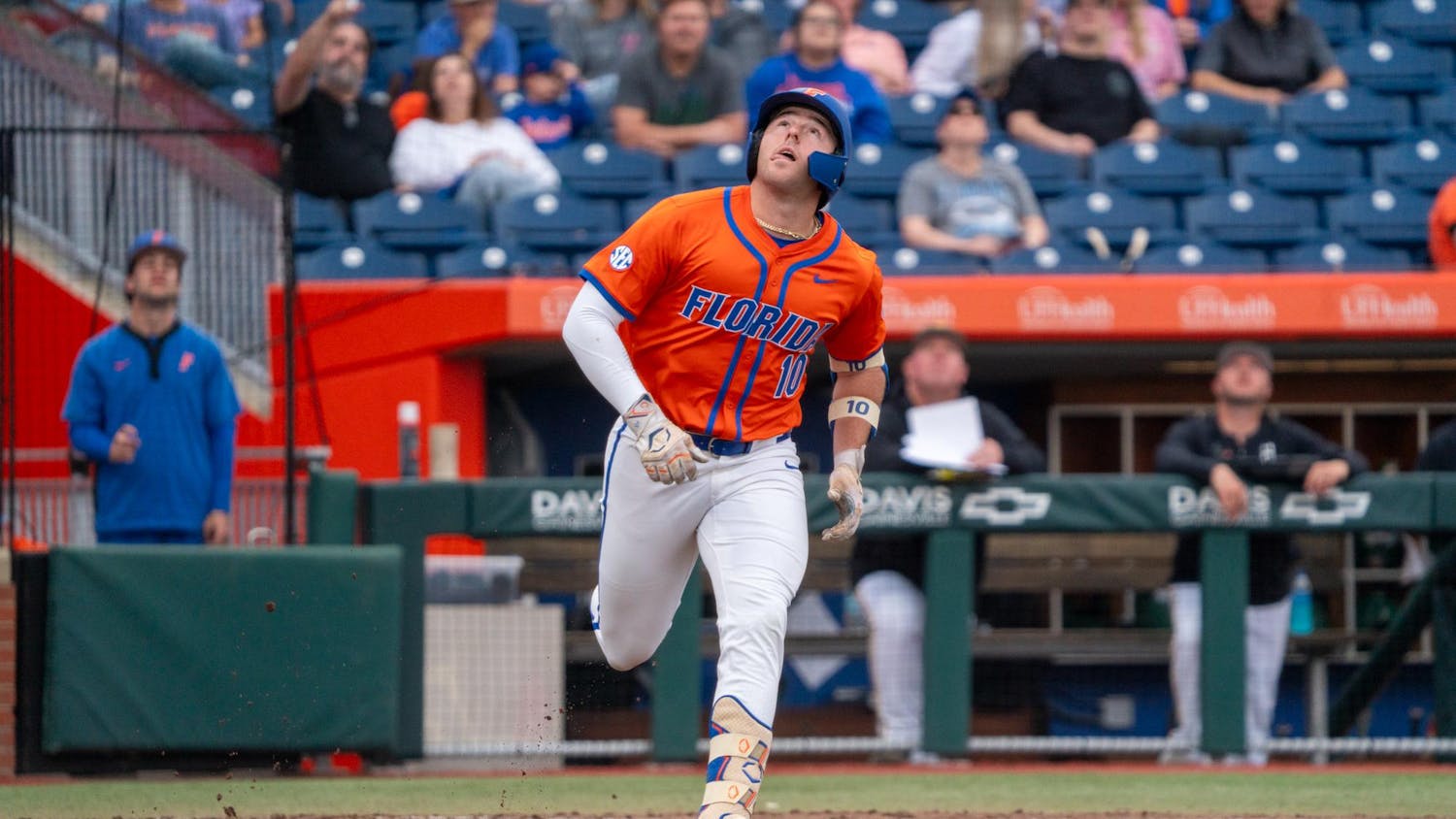Last week, UF Student Government coordinated a series of events in accordance with Sexual Assault Awareness Week. Events held during the week included a panel in which survivors of sexual assault spoke of their experiences and the prevalence of the trend.
In the vein of sexual assault, it’s prompted me to recount my own experiences as a survivor.
Each year, there are about 293,000 victims of sexual assault, with 68 percent of cases not being reported to police and roughly 80 percent of cases being perpetrated by someone the victim knows, according to the Rape, Abuse & Incest National Network.
The "profound" idea that "respectable" people don’t rape has been projected onto society. This image of predatory men lying in wait within dark alleyways is just not true for most people.
Twenty-five percent of perpetrators are intimate partners of victims, according to RAINN.
The idea of sexual assault is usually predicated on nonconsensual sex. But what is consent? Is the narrative of a verbal yes sufficient to describe consent? In my experiences: no.
It’s more complex than that. One’s body language and mannerisms tie into one’s consent, and even when answered with a yes, it can be coerced.
If we ever want to entertain the idea of unlearning rape culture on a cultural level, and if we desire to reach a point in which we have autonomy over our own bodies without the fear of violence, we need to have a conversation that contests and challenges the dominant meanings of these terms and how they manifest themselves in our daily lives.
I’ve been reluctant to share my story on a public forum as a survivor because for so long, I actually denied that it, in fact, happened.
As a transwoman, I’ve routinely been harassed by random men in public spaces, but I never would have imagined it happening with a past partner.
It happened over the summer, and the person I was dating at the time was staying at my parent’s house. They made attempts to pressure me into sex with subtle insinuations despite my hesitance and disinterest.
But eventually, I gave in. After that, I don’t remember much else that ensued; I was so horrified from the situation I detached myself from what was happening.
Though we had parted ways shortly after that night, once I came to terms with what happened, I confronted my ex-partner and was told I was overreacting.
What was more troubling was when I told my mother, she expressed that I was not assaulted and I was at fault. She apologized for her comments later.
But if that was the case, how did I experience trauma? Why did I feel my body was not my own?
The problem is sexual contact is so expected from other people; it’s seen as something one should be entitled to, even at the expense of another’s consent. Somehow, this is socially acceptable.
But it’s not even noticeable because of our ideas of consent I discussed previously. Perhaps it’s related to the image we’ve painted as the rapist: the unfamiliar and the monster.
Consent is not the simple yes-or-no dynamic presented by people in law and politics who are overwhelmingly wealthy men, barely phased by what is going on in others' lives concerning sexual violence.
Consent is an ongoing conversation of defining boundaries between one another. We don’t have to wait for some utopia to combat rape culture: It can happen right now.
We must combat even the seemingly implicit ways that coerce us into preconceived expectations, which divide us into perpetrators and victims.
Aubrey Krampert is a UF journalism junior. Her column appears on Thursdays.





